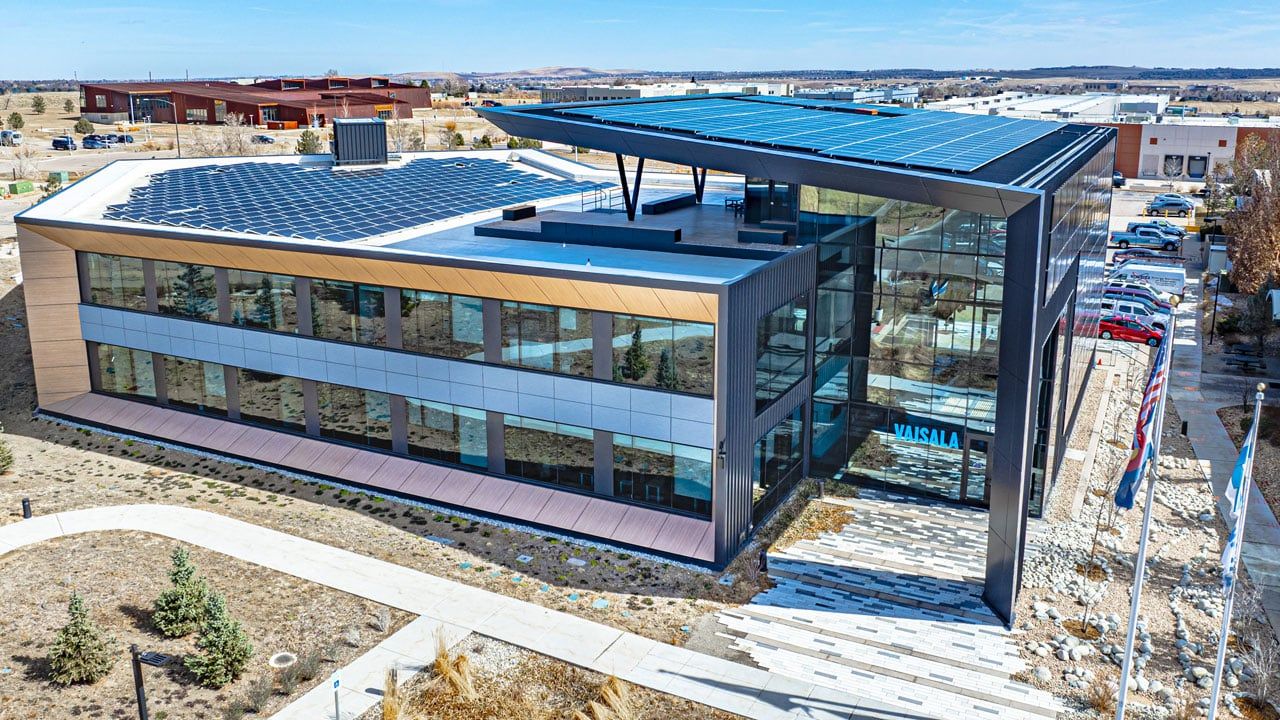Nelson: The importance of providing livable wages
Did you know that the average cost to rent an apartment in Boulder is $2,210 per month? While that price varies depending on several factors, it also underscores the importance of paying employees livable wages so that they can reside in the community in which they work.
Across Colorado, the minimum wage rose to $12.56 per hour at the beginning of the year. The increase is a positive step in the right direction, sure, but when you do the math, even full-time employees earning minimum wage simply cannot afford to live in beautiful Boulder — unless they live in their cars or are couch surfing. At TGTHR, a nonprofit business in Boulder County dedicated to ending youth homelessness, that is exactly what we see young people do every day.
Between the lack of livable wages and our state’s growing housing affordability crisis, TGTHR is witnessing a vicious cycle that works to ensure there’s no clear pathway up once someone is down. But there are steps local businesses can take to invest in their employees with livable wages, thereby boosting the local economy and creating a thriving community.
SPONSORED CONTENT
Commercial Solar is a big investment, but not an overwhelming one
Solar offers a significant economic benefit for commercial property owners while also positively impacting the environment and offering a path to compliance for new municipal requirements like Energize Denver. A local, experienced solar installer will help you navigate the complexities of commercial solar to achieve financial success for your project.
So, what exactly is a livable wage?
According to Massachusetts Institute of Technology professor Amy K. Glasmeier’s Living Wage calculator, it’s the pay an individual must earn “to meet minimum standards given the local cost of living.” This should include food, health insurance, housing, transportation, internet service, child care, plus a few other necessities. For a single person in Boulder, the calculator puts that wage at $18.53 an hour.
However, others define a livable wage differently. The Economic Policy Institute’s “Family Budget Calculator” says the income needed for a “modest yet adequate standard of living” is $45,517 a year, or nearly $22 per hour. With the city of Boulder defining a living wage as “an amount intended to help people meet basic living needs and maintain or achieve self-sufficiency,” its 2020 budget increases the minimum living wage for its employees to $17.42 per hour.
So, why is this important to businesses across Northern Colorado? Because there’s a strong business case for providing employees with a living wage.
Companies — and economies in general — are more sustainable, healthy and productive when workers are able to thrive. Providing livable wages can enhance a company’s reputation and help attract quality candidates. If a business is known in the community or its industry for treating employees well, more people will want to work there, which boosts morale, reduces turnover, and lowers recruitment and training costs. Plus, paying a living wage can also lead to improved quality of service.
Workers paid livable wages tend to be more highly motivated, healthier and less likely to leave their jobs. If employees stress about not having enough money for groceries or rent, they might work excessive overtime hours or multiple jobs, decreasing overall productivity. In addition to increasing employee morale, health and well-being, when employees have more money to spend, they spend it — almost entirely — in the local community.
At the end of the day, it’s important that local businesses look beyond definitions and calculation methodologies and think about how to ensure a living wage for employees. A living wage can go beyond monetary compensation, too. Consider creative options like providing commuters with bus passes, supplying meals, offering extra vacation time, delivering thank you cards, allocating funds for bonuses or some other solution that makes employees understand their value and feel appreciated while ameliorating financial stressors.
As real wages have decreased relative to the cost of living over time, organizations across industries are beginning to address this issue. Employers that provide livable wages are responsible leaders committed to the growth of the community and the local economy because when consumer spending grows, businesses earn more profits and create more jobs.
Chris Nelson is the CEO of TGTHR, a nonprofit business dedicated to ending youth homelessness.

